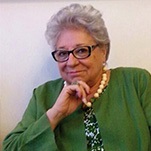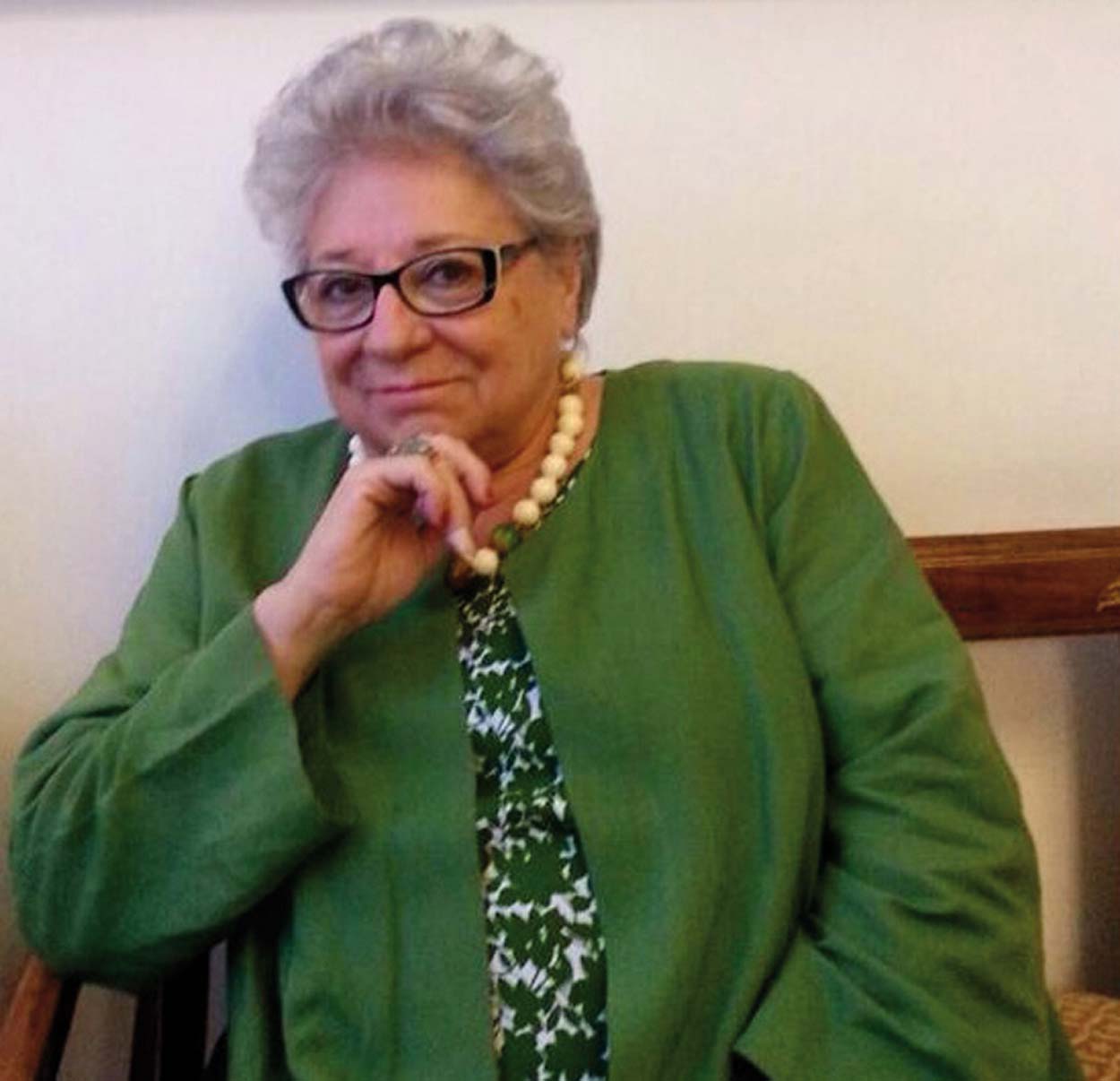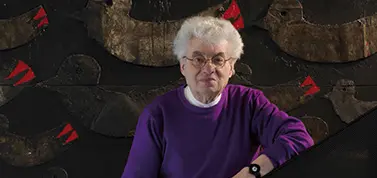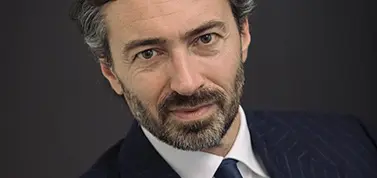
A city for everyone, without suburbs
A judge and President of the Brera Academy of Fine Arts, Livia Pomodoro talks about her commitment to Milan in both the past and present.
A judge and the first woman to become the President of the Milan Court in 2007, Livia Pomodoro has been the President of the Milan Center for Food Law and Policy since 2014, which manages the legacy of Expo 2015. In 2016 she was appointed President of the Brera Academy and Director of No’hma theatre, which is built in an old abandoned waterworks in Milan and was devised and founded by her sister Teresa.
A judge and the first woman to become the President of the Milan Court in 2007, Livia Pomodoro has been the President of the Milan Center for Food Law and Policy since 2014, which manages the legacy of Expo 2015. In 2016 she was appointed President of the Brera Academy and Director of No’hma theatre, which is built in an old abandoned waterworks in Milan and was devised and founded by her sister Teresa.
You were the President of the Milan Youth Court from 1993-2007. How have young people changed over the years, particularly in a big city?
I was President of the Milan Youth Court until 2007 but over 11 years have gone by since then. Society has changed considerably and, unfortunately, not always for the better, as we can see from the news over the last few times, but that would be a superficial assessment of how things stand. Nowadays families have all kinds of problems in the notoriously difficult task of bringing up and educating their children, particularly at a time like the present when the world of schools and the families are becoming increasingly detached. Talking about the way young people have changed is like talking about the way Italian society has changed. After all, our children are the offspring of the society in which they live, which, at the moment, is not grounded in particularly strong values and, even more significantly, these values are not always positive.
Nevertheless, I have great faith in young people’s ability to build a brighter future, provided they have good role models and can take advantage of all the opportunities now available to them.
You worked as judge in Milan for years and were in charge of plenty of high-profile cases. What have you gained from all that experience?
People’s life experiences, even the briefest, are all extremely important. I was a judge and attorney for fifty years and I cannot deny that this was an extremely important experience that has certainly left its mark on my character and personality. I was also President of the Milan Court for eight years and that was not so long ago. It was an extremely enriching, tricky and complicated experience, but I would like to be judged by the results I achieved. Under my jurisdiction, the Milan Court introduced the social responsibility reports and fundamentally changed the way it operated by introducing telematics civil proceedings and applying computerisation to its systems on a much vaster and more coherent scale. Nowadays it is seen as a law court whose working method and operations have no equal in the rest of Italy (and perhaps even abroad).
You are in charge of a very unusual kind of theatre that does not charge for tickets. How did you get involved in the theatre?
In actual fact, I became President of Spazio Teatro No’hma when I was still the President of the Milan Court, because the theatre was once run by my twin sister Teresa, who was the real driving force behind it. When she sadly passed away in 2008, I decided to take over as President and carry on her work by keeping the theatre open. A very special kind of theatre that does not charge any entrance fee to allow everybody the chance to enjoy culture. The theatre resumed its normal schedule the same year my sister died because, as we all know, the show must go on regardless of what happens. I began my first theatrical season in 2008/2009 with a series of shows I called “The Forgotten Wars”. The subject matter was genuinely dramatic, and we put on some extraordinary shows with the help of some very talented actors and directors. In actual fact, I was just an apprentice sorcerer but now, ten years after what was for me a truly heartrending and terrible event that also gave me the strength to get involved in theatre, I am a real “theatre person” in every respect!
You have been the President of a great Milanese institution, Brera Academy, since 2016. Back then you said that this “would be an extraordinary venture. A wonderful and tricky challenge. Just the kind of thing I like”. What are you plans?
It has not been an easy task, because Brera Academy is run in an extremely old-fashioned way and, until recently, I had to deal with the tricky business of so-called ‘Grande Brera’ or, in other words, of finding the chance and taking the opportunity to make the Academy bigger. A problem that went on for about 40 years, but which I hope to have finally solved by acquiring the Farini railway premises for the Academy. These extraordinary spaces will soon become our campus of the arts, and we will immediately set about furnishing the premises so that they are fully operational in time for the next academic year. We have been lucky enough to work with an exceptional partner like Milan Polytechnic on this project. As the head of the Italian railways (from whom we purchased these facilities) pointed out, the Farini/Brera railway station will be indicated on every map of the Milan transport system, no mean achievement. Both the Brera Academy and No’hma theatre are in contact with Mapei and I have asked the Group to work together to transform Milan and turn it into a place that will embrace and embody art in a way the city never has done before.
You were extremely young when you first came to Milan from Southern Italy. What do you think of the city you have chosen to live in? Does it offers opportunities?
It has always been a city that offered great opportunities, perhaps even more so today now that foreigners are showing an interest in it, too. But Milan must be wary because opportunities are important but what really counts are the foundations and solid values on which it is built. The city needs a system that can manage everything new without forgetting about the past and, most importantly, without forgetting those most in need. In my opinion, cities do not have suburbs, cities expand outwards and when people say we need to work on the suburbs, it should mean that we are striving to include everybody in a city that belongs to all of us: a city - like all groups - is a combination of different parts. Milan has a European vocation, which, in some sense, makes it different from other Italian cities. Everybody must do their part in the realms of science, technology, art and town-planning, without ever forgetting that all this should, ultimately, be focused around people and not just an unbridled profit-making enterprise.
After being a judge, theatre impresario and President of Brera Academy, what is next for you?
The sky is the limit and there are plenty of things I would still like to do, but it all depends on what kind of opportunities present themselves!














